Mark Rylance isn’t going anywhere. Over the past five years or so, he has collaborated with the likes of Spielberg, Nolan, and Guadignino and will soon be appearing in Terence Malick’s latest: The Way of the Wind. With such a high-profile body of work, one could quite easily forgive him for falling back on his laurels. After all, most people choose to avoid risky career moves after winning an Oscar. The actor, however, appears to have other plans. That’s the only way to explain his performance in Inland (2023), a pseudo-fantastical independent project which credits Rylance as a cast member and executive producer.
The film, directed by Fridtjof Ryder in his feature debut, follows a young man (played by Rory Alexander) just after being discharged from some mental health facility. Plagued by voices inside his head and various visions of his missing mother (Eleanor Holliday), he struggles to acclimatize to life in the real world. That life mainly involves shifts at a local auto workshop run by Dunleavy (Rylance) and excursions at the local PG-13 brothel. As his visions get more and more pronounced, our nameless young man’s relationship with the world around him evolves in ways that surprise him (though not necessarily the audience).
What’s disappointing about this film is that it feels like a student project to an unfortunate degree. Take the performances, for example; everyone besides Rylance has the awkward mannerisms and mumbling delivery of amateur indie fare. Alexander, who has kind eyes but a limited expressive range, performs very timidly. One scene has him asking for money from an old friend, and the embarrassment of this is palpable, far more authentic than anything else we see from these performers. And so, while it serves the scene, it is also evidence that these actors haven’t yet shed the self-conscious skin that the likes of Rylance discard for his roles.
The man himself is clearly having fun with an undemanding character whose quirks are pretty subtle. Sporting a gold earring and half-a-mullet, the actor looks like an older version of Colin Farrell from Miami Heat, in appearance if not in personality. Dunleavy is a cheery father figure saddened by the downward trajectory of his young friend, and he is afforded one interesting monologue on old age and perseverance towards the end of the film. The performance is miles ahead of the rest of the cast’s output, which is undoubtedly appreciable.
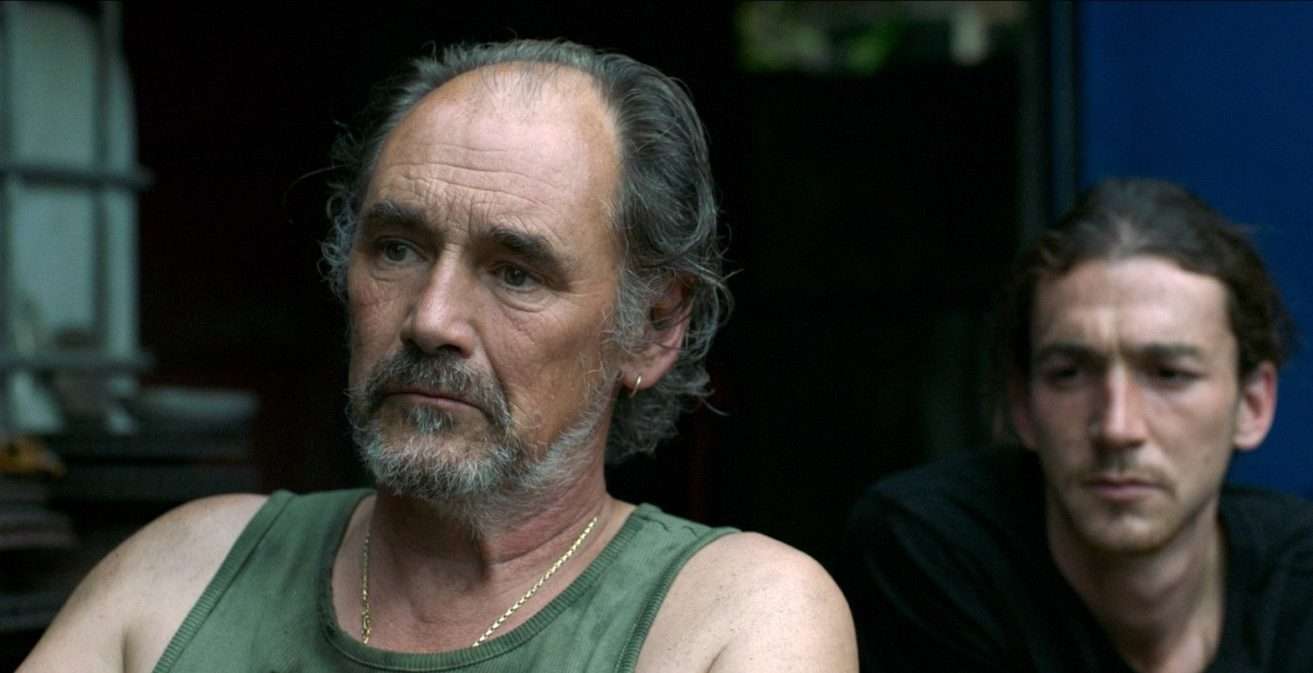
You could lay some of the blame for that at the feet of the script, penned by Ryder, which features multiple instances of characters spouting first-draft-level dialogue (try not to laugh when one character asks the other: “What about you?” only to hear the reply “What about me? What about you?” near the end of one scene). The structure of the piece is overall muted. Scenes in the present day are interspersed with flashbacks of the main character encountering his mother in the forest, and there is little present to communicate the emotional trajectories of the characters.
This is unfortunate since the script does not quite work as a piece of genre fiction, either. Ryder appears to aim for a folktale vibe with subtle fantastical elements. These are present mainly in the form of lightly creepy sound effects and music (be prepared to hear a lot of indecipherable whispering and creaking branches), with the rest left to the viewer’s imagination. That lack of explication extends to the flashbacks, which seem to suggest that the main character’s mother was some form of a magical creature who constantly eludes his grasp. This is communicated through the heavy usage of fisheye lenses in the flashback sequences, which render the edges of the frame distorted and unknowable.
That’s about as far as Inland goes in terms of formal ingenuity. There are some pretty frames in the picture (most notably a lovely image featuring Rylance and Alexander standing in front of a car) and some occasionally exciting usage of out-of-focus perspective. Set on the outskirts of Gloucester, England, the filmmakers manage to evoke a considerable amount of moodiness from the overcast green of the countryside. It’s clammy and dark and benefits the film greatly via transitory sequences between character-focused scenes.
It’s the conversations therein that pose a problem, however. Ryder and company seem to have mistaken the concept of shot/reverse shot for closeup/reverse closeup; nearly all of the film’s many dialogue scenes follow the same template of alternating between tight frames on the actor’s faces. It gets tiring quite quickly, especially when the script starts expecting the viewers to grow fascinated by the main character’s inability to articulate himself- a classic fallback in the independent sphere of film that is not merited here since the script cannot generate any intrigue from the proceedings. It relies on suggestions for far too long, never delivering.
Ultimately, Inland exposes itself as a film that relies on wannabe magical realism. Its evocations are sterile, flat digital imagery of forests backgrounded by choirs that alternate between wails and whispers. The film’s most intriguing element (a subplot involving a prostitute the main character befriends and seems to think of as his mother) wraps up clumsily, and the viewer is left to question what they were supposed to take away from the film. It also doesn’t help that the brothel where that storyline takes place is an incredibly dull establishment rife with allusory shadows and little else.
It appears that Ryder is telling a story about children growing up without mothers and having to reconcile the harsh reality of the world with fairy tales. This does not come through in Inland, which left this reviewer recalling the principle of Occam’s razor: “The simplest answer is most often correct.” The main character’s mother probably stepped out on him to begin life anew, and everything in Inland is an outsized reaction to that reality. There’s a particular tragedy to this premise, but the surface-level explorations of the film undo it. It does not go deep enough to make the audience care.
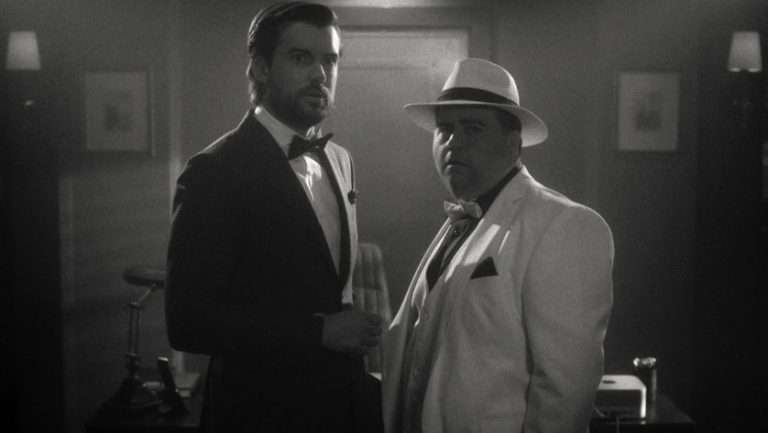
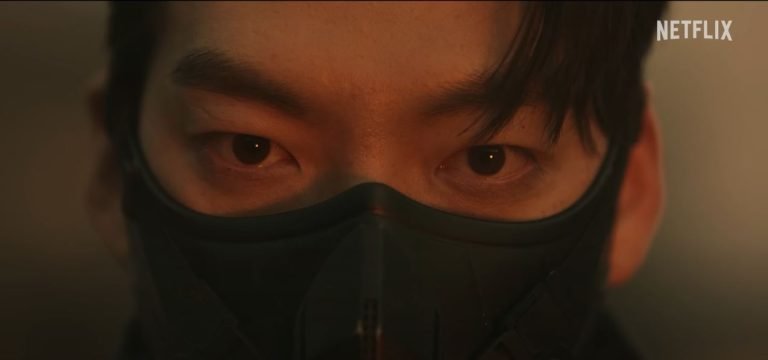
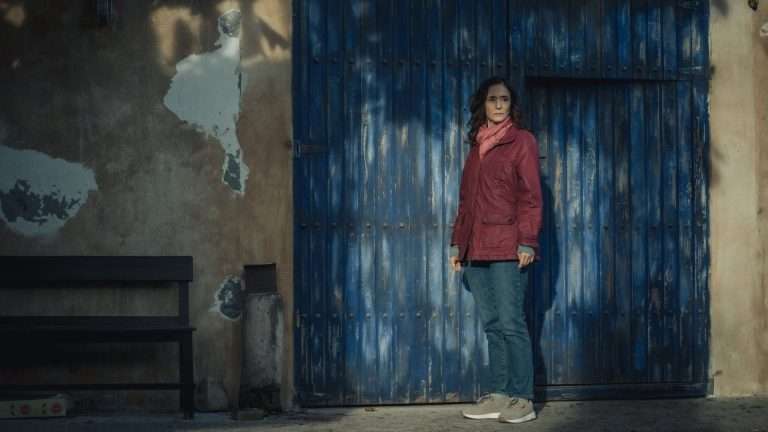
![The Emperor’s Naked Army Marches On [1987] Review – An Uncannily Brilliant Documentary on War-Inflicted Trauma](https://79468c92.delivery.rocketcdn.me/wp-content/uploads/2020/07/The-Emperors-Naked-Army-Marches-On-1987-768x474.jpg)
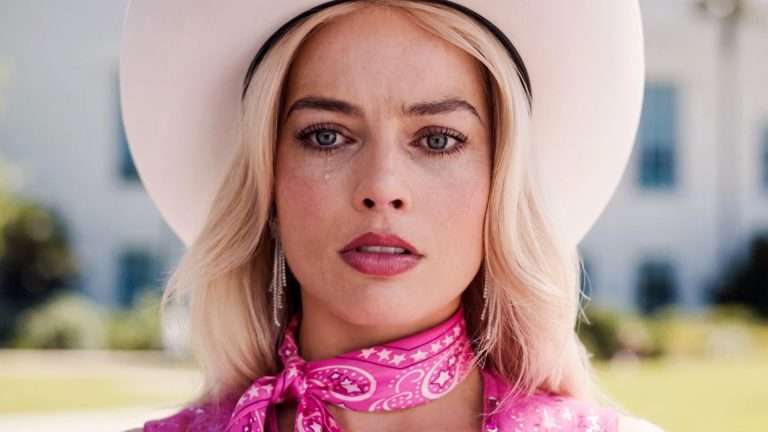
![The Cabinet of Dr. Caligari [1920] – A Ground-Breaking and Intensely Weird Silent Masterpiece](https://79468c92.delivery.rocketcdn.me/wp-content/uploads/2020/02/The-Cabinet-of-Dr.-Caligari-1920-768x615.jpg)